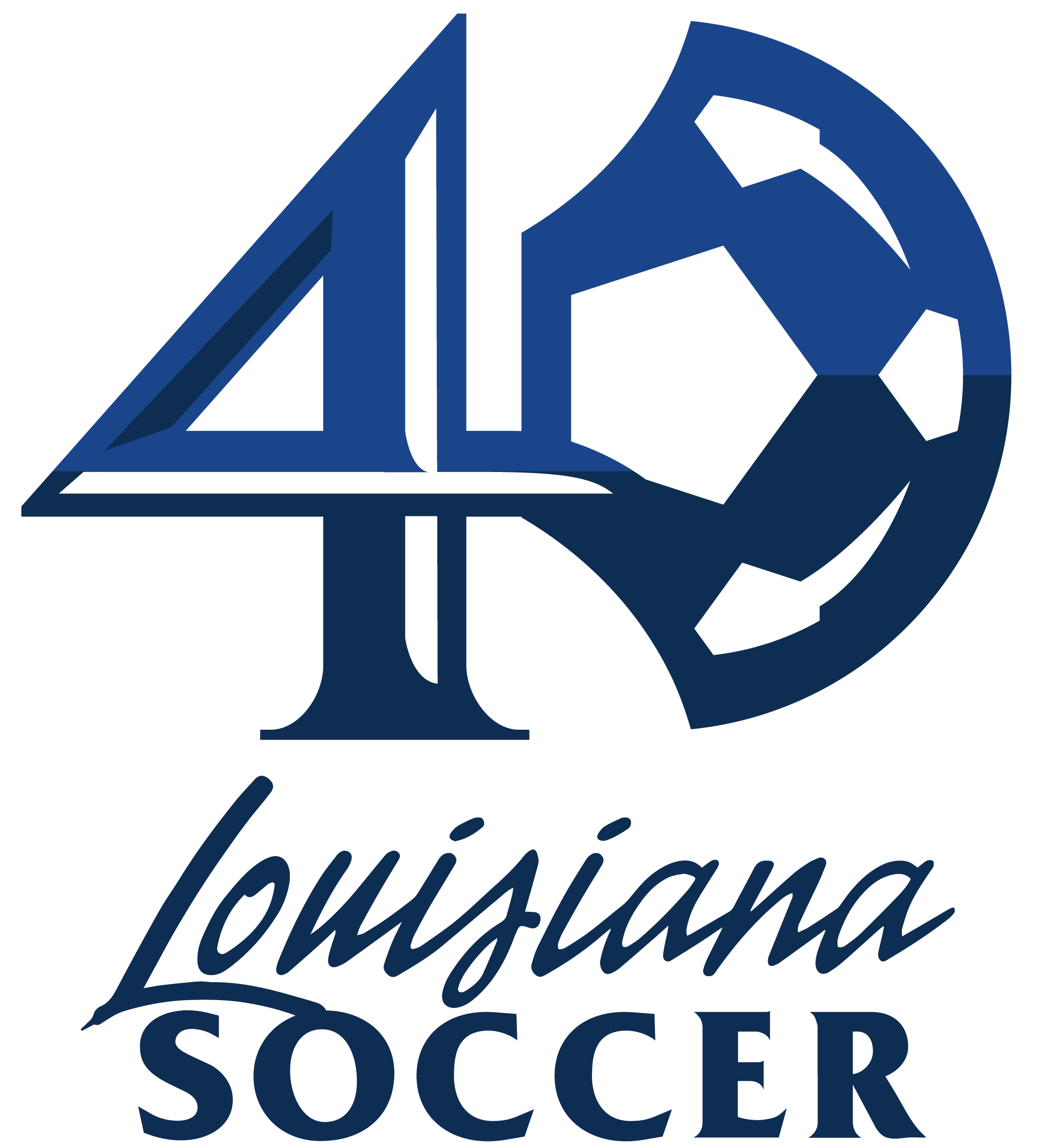There have been numerous incidents of heat-related illness across the country and many had devastating consequences. It is important we all understand the dangers and symptoms of heat-related illnesses and be diligent in taking simple measures to prevent it. U.S. Soccer updated its “Youth Soccer Heat Stress Guidelines.” The aim of the Guidelines is to help parents, young athletes and coaches understand heat-related illnesses, including dehydration, heat cramps, heat exhaustion and heat stroke. US Soccer has introduced the acronym… G.O.A.L.
GET ACCLIMATED – Young players need time to adapt to hotter temperatures.
ON SCHEDULE – Thirst isn’t an accurate indicator of fluid needs. Young athletes should be encouraged to drink on a schedule or at regular intervals BEFORE they become thirsty.
ALWAYS BRING A SPORTS DRINK – Players must have a drink available to them especially during games and practices in the heat. Replacing electrolytes and providing energy is crucial to keeping kids safe.
LEARN THE WARNING SIGNS – if someone becomes fatigued, dizzy, nauseous or has a headache during exercise in the heat, have them stop, rest, cool off and drink fluids. Seek medical attention if symptoms persist.
Fluid Guidelines
The following are some basic guidelines for drinking fluids before during and after a soccer game or practice.
Before Activity. You can ensure a player is well hydrated by having them check the color of their urine. If their urine is light yellow or clear like lemonade, they are properly hydrated. If their urine is a dark yellow, this is an indication that they are not properly hydrated and that they may, in fact be suffering the early stages of dehydration.
During Activity. Even slight dehydration can compromise performance and increase the risk for heat-related illnesses. Young players should consume 5 to 9 ounces of fluid every 20 minutes while they are active. Sports drinks are preferred to water because research shows a young athlete will drink 90% more and stay better hydrated.
After Activity. Regardless of thirst, players must drink at least 20 ounces of fluids every 20 minutes for one hour after soccer related activities.
Fluids to Avoid During Practice or Games
- Fruit juices have high sugar content, which can slow fluid absorption and cause upset stomach.
- Carbonated beverages, such as soft drinks, can reduce voluntary drinking due to stomach fullness and throat burn when gulping. Caffeinated beverages have a mild diuretic effect and therefore could promote dehydration by increasing urine production.
- Energy drinks should be avoided because many contain caffeine and have a high carbohydrate concentration, which slows fluid absorption.
Recommendations for Player Safety in the Heat
Acclimation is the Key. Help players adjust to high temperatures and humidity by taking steps to acclimate them to the heat. Young athletes should have at least 8 to 10 short exposures to the hotter conditions (at 30 to 35 minutes each) to acclimate sufficiently.
Avoid Unusually Hot Temperatures. If confronted with extreme temperature and humidity conditions, it’s important to hold practices and games at cooler times in the day such as morning or dusk.
Make Fluids Part of the Game Plan. Before, during and after practices and game, be sure young athletes consume adequate amounts of fluid.
Clothes Should be Cool. Children should wear clothing that is light-colored, lightweight and loose-fitting to keep kids cool.
Use the Shade. Parents and coaches should encourage young players to take breaks in shaded areas whenever possible especially during tournaments, multi-game and multi-practice days.
Warning Signs of Dehydration
Dehydration during activity is a common problem and can place young athletes at risk for serious heat-related illness, such as heat exhaustion and heat stroke. That’s why it’s important to know the warning signs:
- Thirst
- Nausea
- Dry lips and tongue
- Headache
- Irritability
- Muscle Cramping
- Lack of energy
- Red, flushed face
- Dizziness
- Dark yellow urine
Be Prepared for an Emergency
If a young player becomes disoriented or unconscious, seek medical attention immediately. Always have a phone available and be familiar with emergency numbers. Keep ice and ice towels on hand in case of heat-related emergencies.

